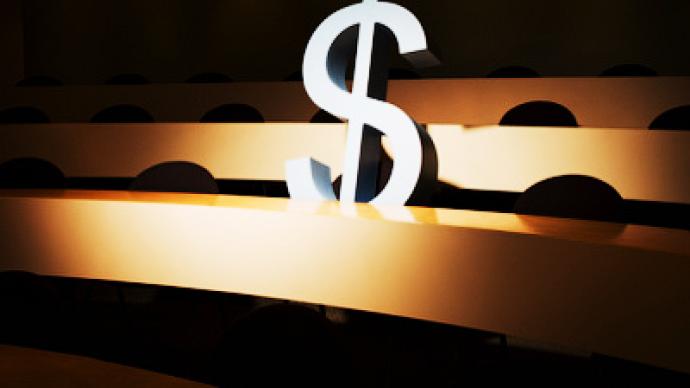Russia returns to investor spotlight

Winning the 2018 World cup has brought Russia back into investor focus, with the PepsiCo purchase of Wimm-Bill-Dann and Thomas Cook stake in Intourist two examples of renewed investor interest.
Business RT spoke with Elena Titova from Morgan Stanley in Russia, about the increasing interest in investing in Russia.RT: A few years ago it was all talk about state corporations and a fortress economy. Is it fair to say Russia is opening up?ET: “It is very fair to say. There is definitely an intention on both sides to open Russia up. Open the economy and you rightfully mention that these recent M&A deals are clear evidence of this, and there is more interest coming over. The new privatization programme the government is launching in 2011 – 2013 will give another chance for that.RT: Who bears the responsibility for integrating the Russian economy with the outside world. Do you think Government or investors?ET: "It really is both, it’s a two way road. Government is very important in this economy, still, and probably will be, and the task of the Government is really to create the conditions which will make Russia attractive to international and domestic investors again."RT: What obstacles do you think still lie in getting investment from abroad?ET: “It is still a process. There are a number of issues, including transparency of the system, disclosures, different bureaucratic barriers are still in place. There is still work to be done to remove them, but it will take time to get rid of them."RT: There are still signs of this go it alone approach to development. We have heard Prime Minister, Vladimir Putin, says that Russia is still too dependent on foreign companies for medicines and medical services. Do you think there is a conflict with the idea of an open economy?ET: “There is always a conflict for a government between trying to protect domestic producers and opening the economy. But it will have to happen – the opening I mean – and in the case of the pharmaceutical industry, there is a difference between the desire and the possible. Most of the world is supplied by the international conglomerates, that spent a lot of money on R&D to be able to produce new drugs, and it is very difficult to supply those or replicate it domestically. Having said that, overall, the driver to open the economy, where it is possible, reasonable. It will take a little time, it is definitely an intention.”RT: We are seeing more and more foreign investment coming to Russia. Is this a new interest or simply a renewed interest after the crisis?ET: “Most of it is renewed interest. A number of international conglomerates and companies have tried to invest in Russia. Some of them have already done, like PepsiCo, for example. It’s not their first investment here. But after the crisis there is definitely renewed appetite, and also because other emerging markets have become quite richly priced, I would say, Russia on a relative basis has become quite attractive, especially lately.”












